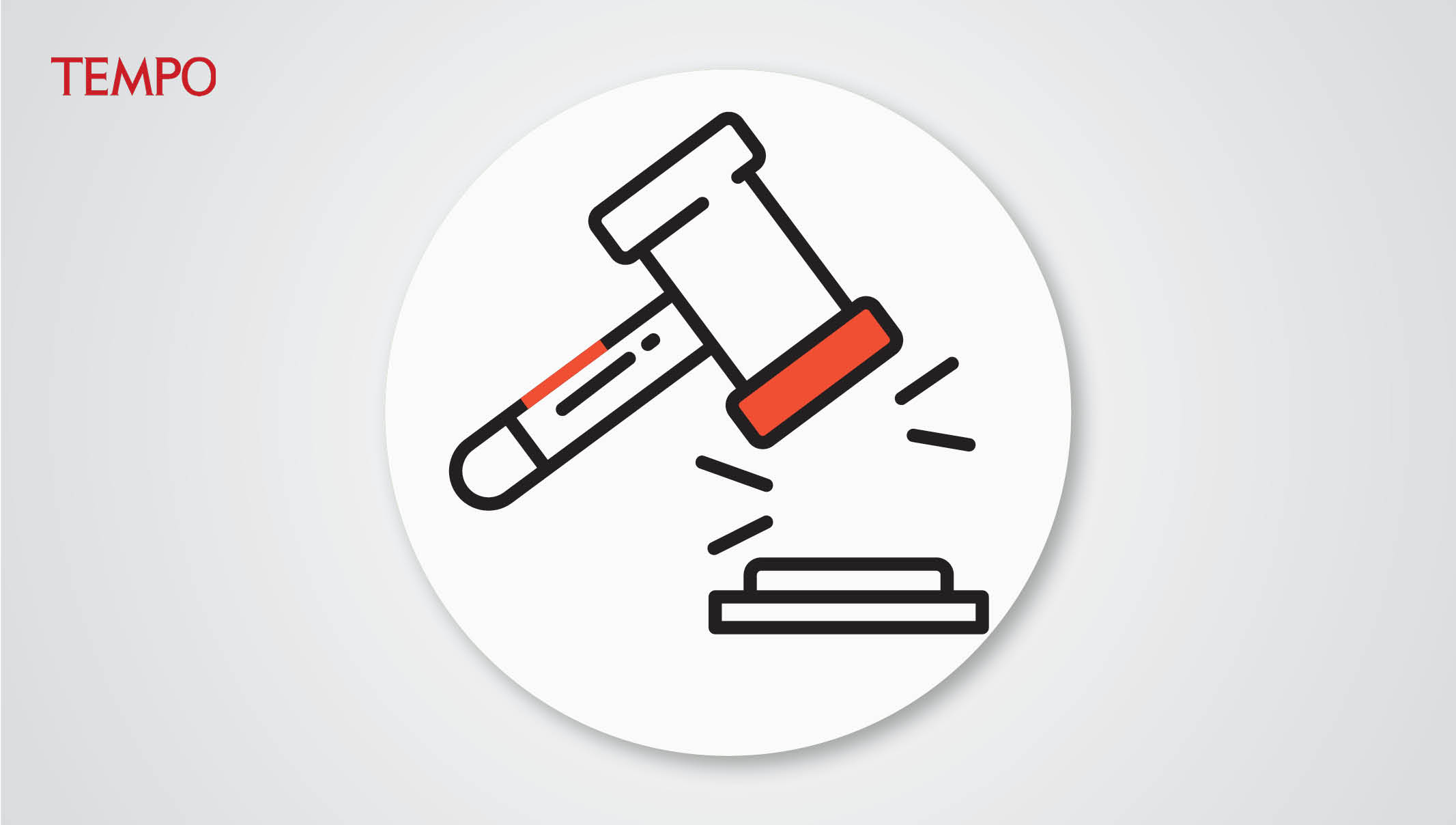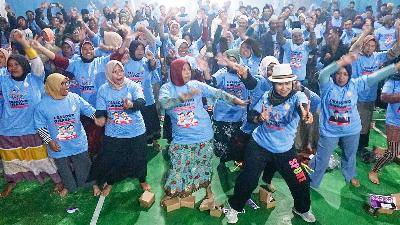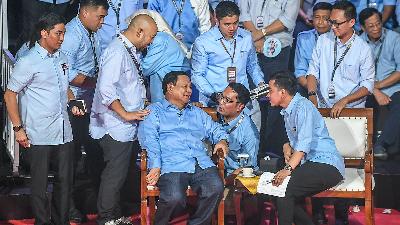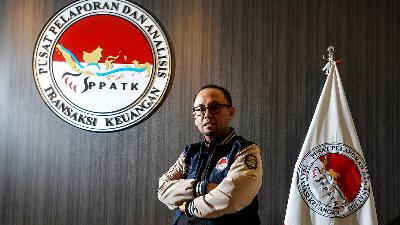The ITE Law is Legalizing the Authoritarian Regime
Monday, January 15, 2024
The government and the DPR are retaining the flexible provisions in the revised ITE Law. This is an increasing threat to freedom of expression.
arsip tempo : 174696874540.

PRESIDENT Joko Widodo’s promise to revise the Electronic Information and Transactions Law to provide better protection for the people is an only empty word. Jokowi had said that he would revise the law in order that the people would be more active in expressing criticism and providing suggestions or reporting possible maladministration. But the fact is that the revision, which was passed on January 4 of this year, further restricts the people’s right to express themselves.
The revisions to the law add to the examples of legalization of authoritarianism in the Jokowi administration. The government has used the law to legitimize actions not in line with democratic standards. Jokowi and those close to him have long used these practices. Previously, the government and the House of Representatives (DPR) also weakened the Corruption Eradication Commission (KPK) by revising the law related to it. And a number of laws were drawn up in violation of the correct procedures—including the Job Creation Law and the State Capital Law.
Now Jokowi is using the same approach in revising the ITE Law. The deliberations of the proposed revisions were not transparent and were carried out behind closed doors at the DPR. There was insufficient public participation in the process. Since the meetings between the DPR and the government to discuss the bill began at the beginning of 2023, the DPR’s Communication and Informatics Commission only once invited public interest groups to provide inputs. And even this invitation was only to provide ‘legitimacy’ for the DPR to give the impression of public involvement in the deliberations.
The legislators, who should be a counterweight to the government, as usual, just went along with the government’s wishes. They closed their ears to public protests and the victims of the ITE Law.
This harmony between the government and the DPR resulted in a revised ITE Law that retains the problematic articles on defamation, incitement of hatred and the spreading of false information. They even added one article on accusations considered as attacking a person’s dignity and defamation. Under this new article, a person can be threatened with six years in jail and the police can detain anybody, including journalists, for 120 days.
These provisions are clearly a threat to press freedom. The efforts by the mass media to uncover corruption and abuses of power by officials, for example, may well be forestalled by these new articles. It is true that in line with the 2021 joint decision by the Communications and Informatics Ministry, the Attorney General’s Office and the Chief of the National Police, the implementation of the ITE Law against the press is guided by the Press Law. However, this revised ITE Law opens the door to interpretations that could be misused to muzzle the press.
Data from the Southeast Asia Freedom of Expression Network shows that from 2016 to 2023, there were 984 cases of criminalization against freedom of expression. Based on the data from this digital rights advocacy group, most of these cases used the ITE Law and most of the people bringing them were public officials. This data clearly shows that the ITE Law has failed to protect the public or to defend efforts to stifle freedom of expression and press freedom. With the revised ITE Law, the government and the DPR will make matters worse.











